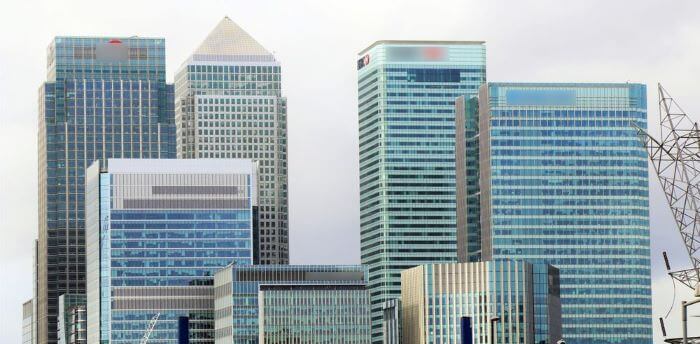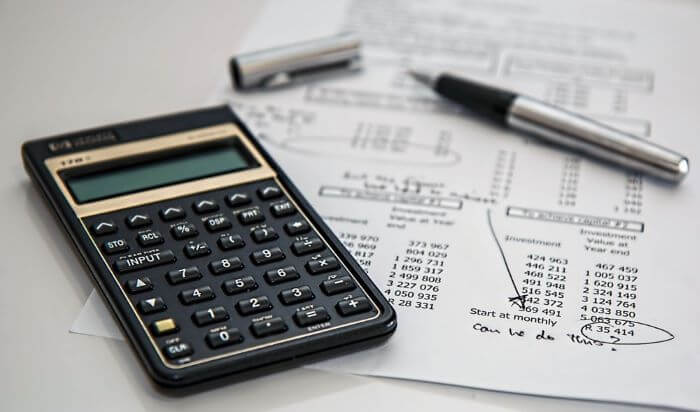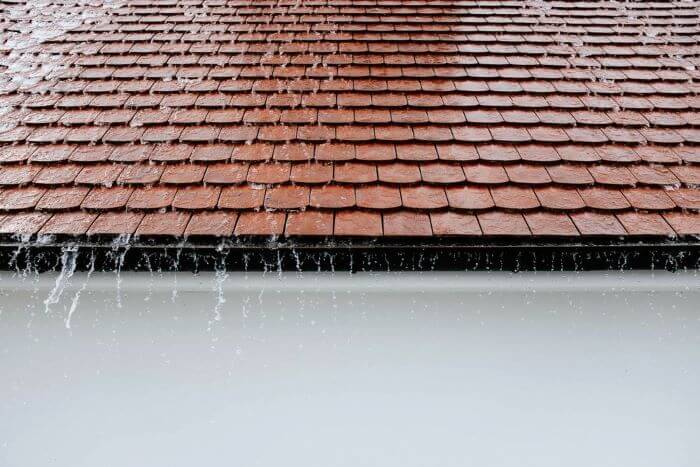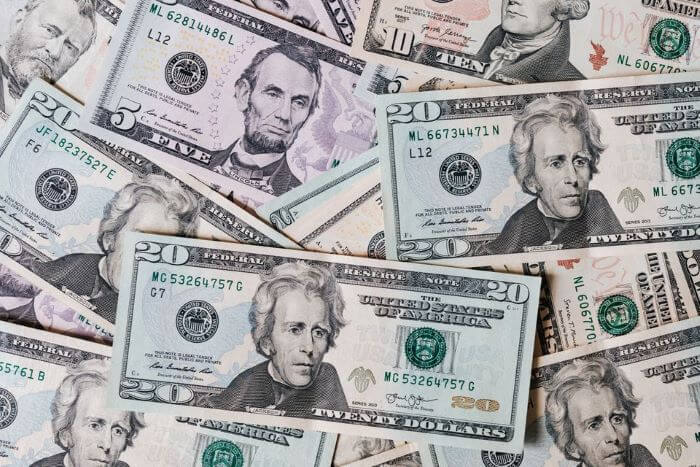In order to figure out how much cash reserves you need, I need to figure out why you’re asking. In the majority of cases, you’re asking a question about cash reserves because you fit one of the following categories:
- You are interested in investment properties and will need a mortgage for the home purchase
- You already have rental property and want to know how much of the rental income to save
In this post, I’m going to talk about both scenarios.
However, I’m really going to focus a lot of the information in this post on people who already own rental property and want to know how much reserves for a rental property are necessary.
Table of Contents
What are the minimum required reserves for mortgage lenders?

The straightforward answer to this question is it depends on many different factors, such as:
- The type of property you’re looking to mortgage (single-family or multi-family)
- The guidelines for that specific lender
- Your down payment
- If the property will be your primary residence (for example, if you were house hacking)
- Your credit score
- The type of mortgage you’re looking to utilize (conventional loans, VA loans, USDA loans, FHA loans, etc..)
- If you’re an employee or self-employed
- and depending on the real estate market at the time, there will likely be more factors at play.
The less straightforward answer to this question is to save as much as you can. The more money you have available, the more likely you are to have no problem with a lender’s required mortgage reserves.
Minimum reserve requirements when I purchased my first rental
The mortgage lenders I talked to when I was purchasing my first property (a duplex) required at least a 25% down payment and wanted me to have at least 6 months of mortgage reserve money.
I was extremely surprised. I didn’t have a 25% down payment available.
I mean, the only reason I had 6 months of mortgage reserves was due to most lenders allowing your mortgage reserves to be stored in many different options.
Instead of needing mortgage reserves to be in bank accounts, they allowed a lot of different accounts as long as they could be easily converted into cash. And since I had a decent amount of money in my retirement savings account (mainly in index funds), I unintentionally had enough money for mortgage reserves.
Anyway, here’s what I thought was going to happen:
I thought I could use an FHA loan and need a 3.5% down payment since I would move into one of the units and the property’s mortgage would still be cheaper than the apartment I was renting (even without factoring in the rental income from the rented unit).
But I came to learn that most lenders wanted most borrowers to meet the massive requirements.
Eventually, I found a loan program that allowed me to bring a 5% down payment (on a multi-family). And, Instead of requiring 6x the monthly mortgage payment amount in reserves, they only required 3 months of mortgage reserves.
Those new requirements (mainly the down payment amount) allowed me to “check all the boxes” and purchase the property.
But, if I had waited a few months later, that loan program would have ended and I would have needed to save more money before purchasing my rental property.
What are the minimum required reserves for managing your rental property?
The easy answer to this is to save a big portion of the cash flow received and set it aside forever. As a random internet stranger who has never met you or seen your property, this is a relatively easy way to make sure you have enough cash reserves to handle most problems.
This is typically the answer you’ll receive on BiggerPockets or Reddit, and for good reason. It’s “easy” and should cover most people for the most likely to happen problems.
But, the thing to keep in mind is that most people don’t find themselves in mortgage default or filing for bankruptcy due to the most likely to happen problems. It’s the rare, unlikely problems that tend to result in a temporary “game over”.
My minimum cash reserves process
My preferred way of figuring out the minimum reserve requirements needed to successfully manage my rental property involves figuring out the “worst-case” scenario – and saving enough for that.

For most properties, the worst-case scenario will involve one of the following:
- Fixing the foundation (I paid over $30k to fix and waterproof a foundation)
- Roof replacement (Usually no more than $20k)
- Driveway replacement (Usually no more than $20k unless you have a long driveway or want higher quality base/driveway materials)
- HVAC replacement (usually no more than $15k for both heater and AC)
- Flood damage from pipes (variable)
- Fire damage (variable)
- Destruction or extreme wear and tear from tenants (variable but usually no more than $10k)
If you really wanted to be conservative, you’d save $30k for this property before you started taking “profit”. However, for most landlords, this would be unreasonable and make it hard to purchase more rentals (which isn’t wrong)
For my goals, I tend to save most of my cash flow and budget it as cash reserves instead of taking the cash flow and calling it ‘profit’.
Unlike most people with an investment property – my goal isn’t to maximize the amount of money I make. It’s to make as much money as possible while keeping my sanity and stress levels low.
This leads me to be more conservative than a lot of real estate guys you see on the internet.
This could mean that I’ll be a less successful landlord and never own a lot of properties, but I’m OK with that. My end goal never included being the most successful landlord and owning “a lot” of properties.
Another way to figure out how much reserves for rental property success
Another method you can use to figure out how much cash reserves is necessary for your property is to itemize as much of your property as possible.
I usually use a spreadsheet for this but you can use anything, as long as you can get the numbers visible in front of you.
So what does it mean to itemize your property?
It basically means that you’re going to look at all of your major systems and put together a breakdown that shows:
- the age of the system
- how much it costs to replace the system
- the useful life of the system
Let’s use a roof as an example of itemizing

The first thing you would do is take a look at the current roof on your property and figure out its age. In my experience, this information is easy to get from the seller when purchasing the property. For this example, we’ll make the assumption that the roof is currently in year 10.
In my area, a roof is expected to last 15-25 years without any major weather-related damage. A roof will also cost between $10k-$20k
Using this information, we can get an idea of how much we need to save every month in order to financially handle the roof replacement when it’s time.
Let’s do the math to figure out the reserve requirements for the roof
If a roof cost $15k for your property (the median of $10k-$20k) and will last 20 years (the median of 15-25 years) – the roof costs $750 per year.
If we divide the roof’s yearly cost by 12 months, we get a cost of $62.50 per month.
That’s how much the roof costs every month. However, there’s a catch…
That number only works if the roof is brand new. In this example, we said the roof is currently in year 10 (half of its 20-year useful life). This leaves you with 3 options:
- Set aside twice as much money for the roof
- Reduce the cost of a new roof
- Extend the life of your current roof
The 3 options above are what you have to evaluate and figure out which option you’re going to choose (you can also mix and match options as well).
Overall, if you do this for all of the systems at your property and you will have a monthly payment amount that shows a good estimate of your cash reserve requirements.
The more thorough you are with your analysis of different areas, the more accurate your estimate will be.
And don’t forget, we’ve only talked about reserve requirements for maintaining the rental property in this section. You should always have additional reserves and funds available just in case of job loss, vacancies, or anything extra that’s out of your control.
A healthy emergency fund is never a bad idea.

I don’t think the title of your article matches the content lol. Just kidding, mainly because I had some doubts after reading the article.